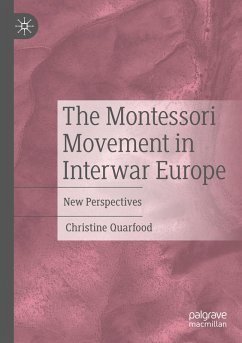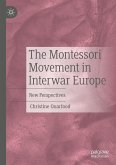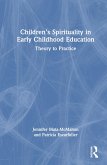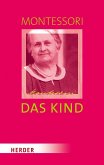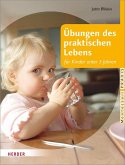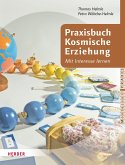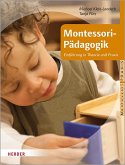This book explores how the Montessori movement developed a cultural critique and gained momentum during the interwar years of political turbulence. Drawing on archival sources, press material and Montessori's literary output, the book provides a multifaceted analysis of this significant educational movement. The first two chapters presents the scientific background, how Montessori's innovative method offered new solutions to age-old problems of teacher-pupil interaction. The following chapters focus on the social and psycho-pedagogical aspects of Montessorism, and how the movement's culture-critical message about the child's liberation was received and reinterpreted in the wider European public debate. The last four chapters shed new light on the politicisation of Italian Montessorism during the problematic Montessori-Mussolini alliance, 1924-1934.
Bitte wählen Sie Ihr Anliegen aus.
Rechnungen
Retourenschein anfordern
Bestellstatus
Storno

